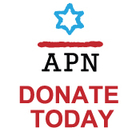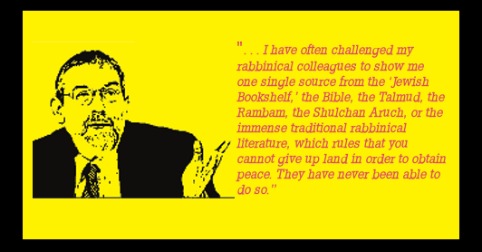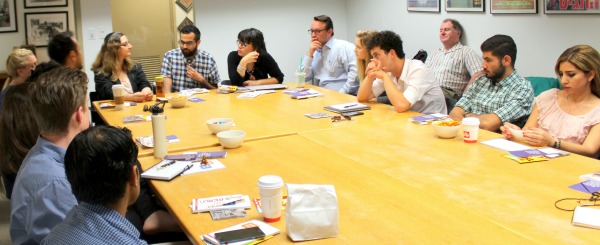News from Peace Now's (Israel) Settlement Watch:
Today, (Wednesday, 6th of July) the Israeli Ministry of Housing issued a tender for the construction
of 42 housing units in Kiryat Arba. The tender was issued today but bids can only be submitted at the 31st of
July. This means that the Government wanted to publish the tender quickly, before the paperwork is completed, in
order to make the connection between the deadly attacks against Israelis last week and the promotion of the
construction in Kiryat Arba.
Peace Now: "Construction in settlements is not an answer to terrorism; it is not going to
save the life of any Israeli but rather strengthen the extremists on both sides. The real answer to terrorism is
ending the occupation and reaching a negotiated peace agreement. Unfortunately, Israeli citizens continue to pay
the price of the extreme right wing government's policies."



 Barbara Green has been a volunteer for Americans for Peace Now for many years. She lives in
Washington, DC.
Barbara Green has been a volunteer for Americans for Peace Now for many years. She lives in
Washington, DC.

